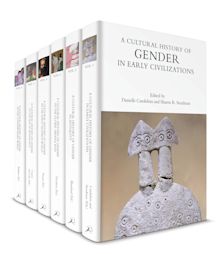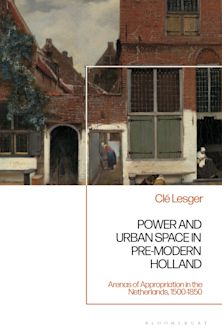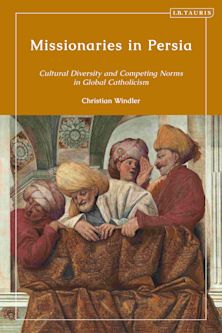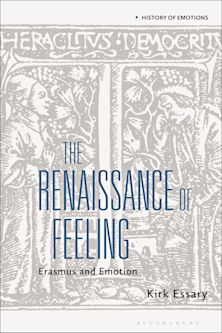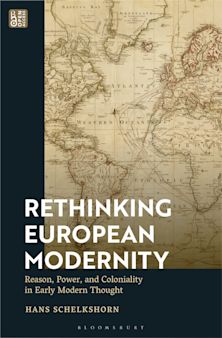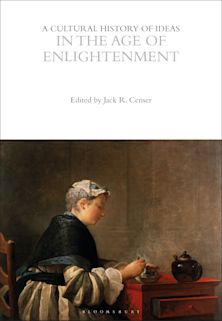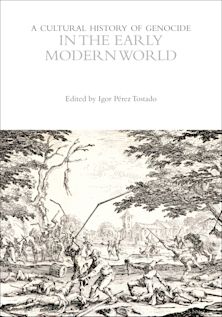The Chrysis of Enea Silvio Piccolomini
The Chrysis of Enea Silvio Piccolomini
This product is usually dispatched within 1 week
- Delivery and returns info
-
Free US delivery on orders $35 or over
Description
This book offers an accessible translation and detailed commentary of Piccolomini's only comedy, Chrysis. Enea Silvio Piccolomini (1405-64), also known as Pope Pius II, is among the Quattrocento's most interesting personalities. An intellectual and public figure, Piccolomini enjoyed remarkable range, one aspect of which is his capacity as a writer and, specifically as regards this volume, as a comedic dramaturge. This book offers a performable English translation of his play, Chrysis, along with a detailed introduction and accessibly written commentary.
The Chrysis is unabashedly a Roman comedy written in the Plautine manner and reveals an awareness of many Latin literary forms. Within its historical context, the Chrysis is a highly interesting piece of Renaissance drama while being, at the same time, not as fully appreciated as it might have been. Piccolomini does not seem to have wanted it to be made public, for the play's plot involves Catholic priests visiting a brothel. However, the Chrysis is also replete with classical allusions, from Catullus to Juvenal and Martial, thus demonstrating that Piccolomini was a serious poet and admirer of Latin literature.
Table of Contents
Text and Translation
Commentary
Appendix A: Staging
Appendix B: Morphology and Orthography
Appendix C: Meter
Bibliography
Index
Product details

| Published | Nov 13 2025 |
|---|---|
| Format | Hardback |
| Edition | 1st |
| Extent | 240 |
| ISBN | 9781350419964 |
| Imprint | Bloomsbury Academic |
| Illustrations | 7 bw illus |
| Dimensions | 9 x 6 inches |
| Series | Bloomsbury Neo-Latin Series: Early Modern Texts and Anthologies |
| Publisher | Bloomsbury Publishing |
Reviews

ONLINE RESOURCES
Bloomsbury Collections
This book is available on Bloomsbury Collections where your library has access.














